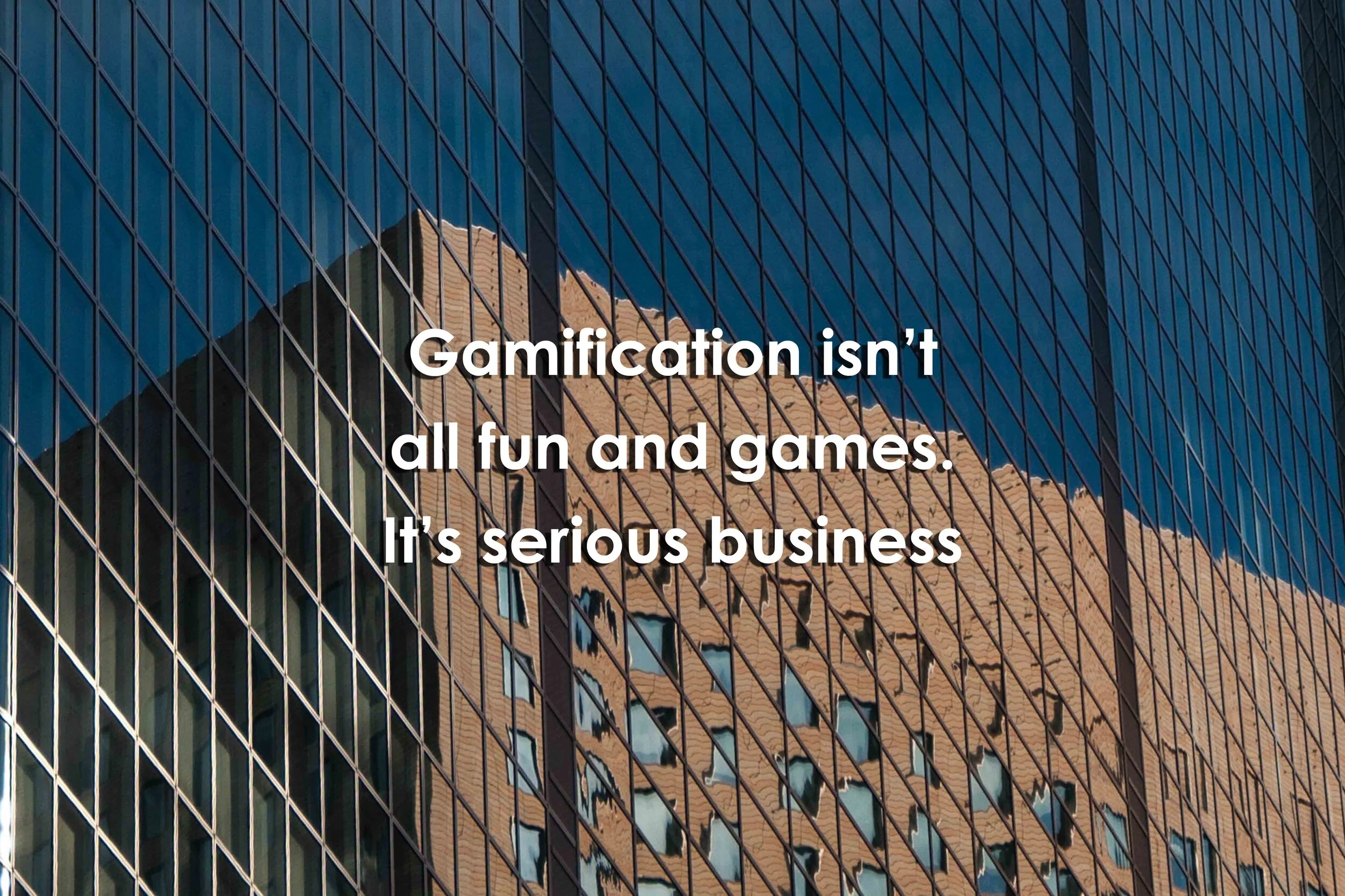Gamification isn’t all fun and games. It’s serious business
Gamification isn’t all fun and games. It’s serious business
Gamification isn’t all fun and games. It’s serious business
By Dee Patel
December 21, 2020
Summary
In a revised and updated edition of "For the Win: The Power of Gamification and Game Thinking in Business, Education, Government, and Social Impact," authors Kevin Werbach, a professor of legal studies and business ethics at the Wharton School, and Dan Hunter of Queensland University of Technology argue that applying the lessons of gamification could change one's business, and the way people learn or teach.
"Our book reveals how, why, and when gamification works-and what not to do."
In the book they discuss how a South Korean company called Neofect is using gamification to help people recover from strokes; or, how a tool called SuperBetter has demonstrated significant results treating depression, concussion symptoms, and the mental health harms of the COVID-19 pandemic through game thinking.
Gamification has expanded well beyond the domain of business.
These three mechanics are still a core feature of many gamification projects, but nowadays we see many more game mechanics that intelligently use different mechanics to meet their designers' ends.
Most of the gamification practiced today doesn't arise from a stand-alone effort to apply game design techniques.
Gamification is mostly seen as just good design practice.
Reference
Patel, D. (2020, December 21). Gamification isn't all fun and games. It's serious business. Retrieved January 05, 2021, from https://penntoday.upenn.edu/news/gamification-isnt-all-fun-and-games-its-serious-business


